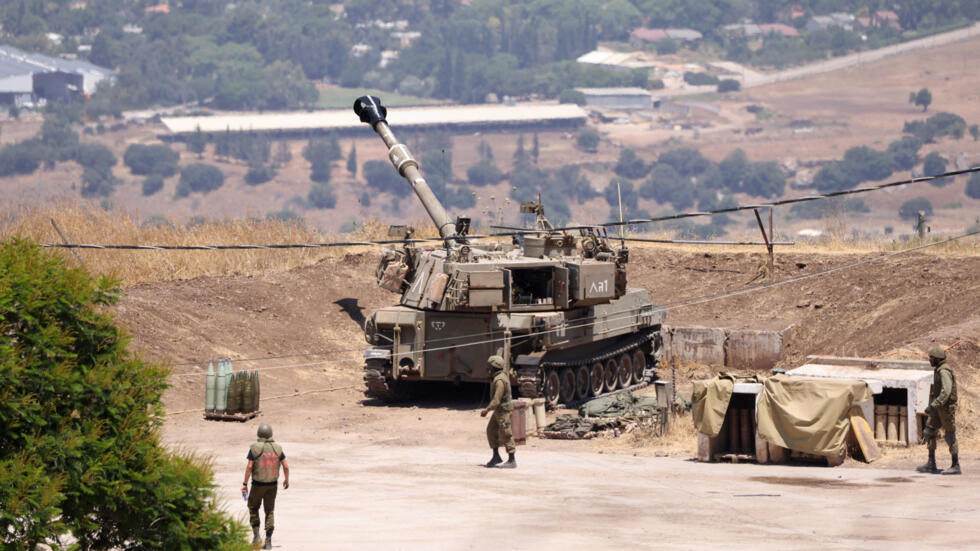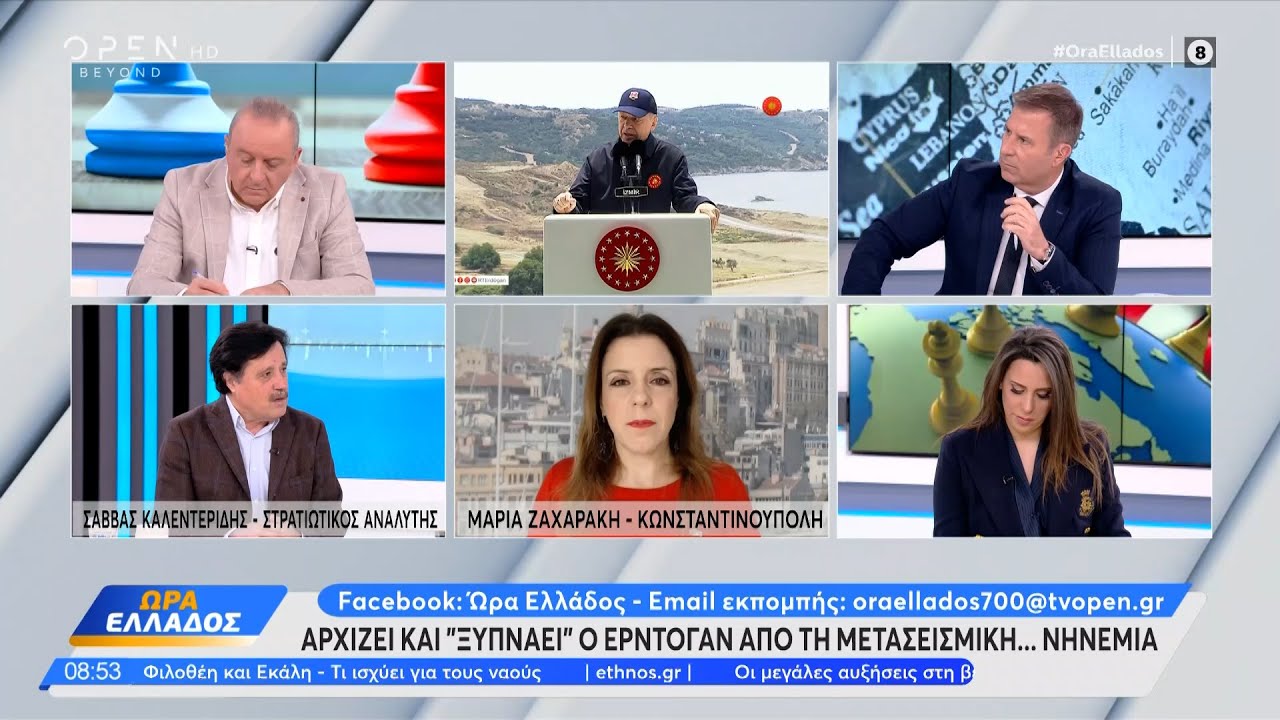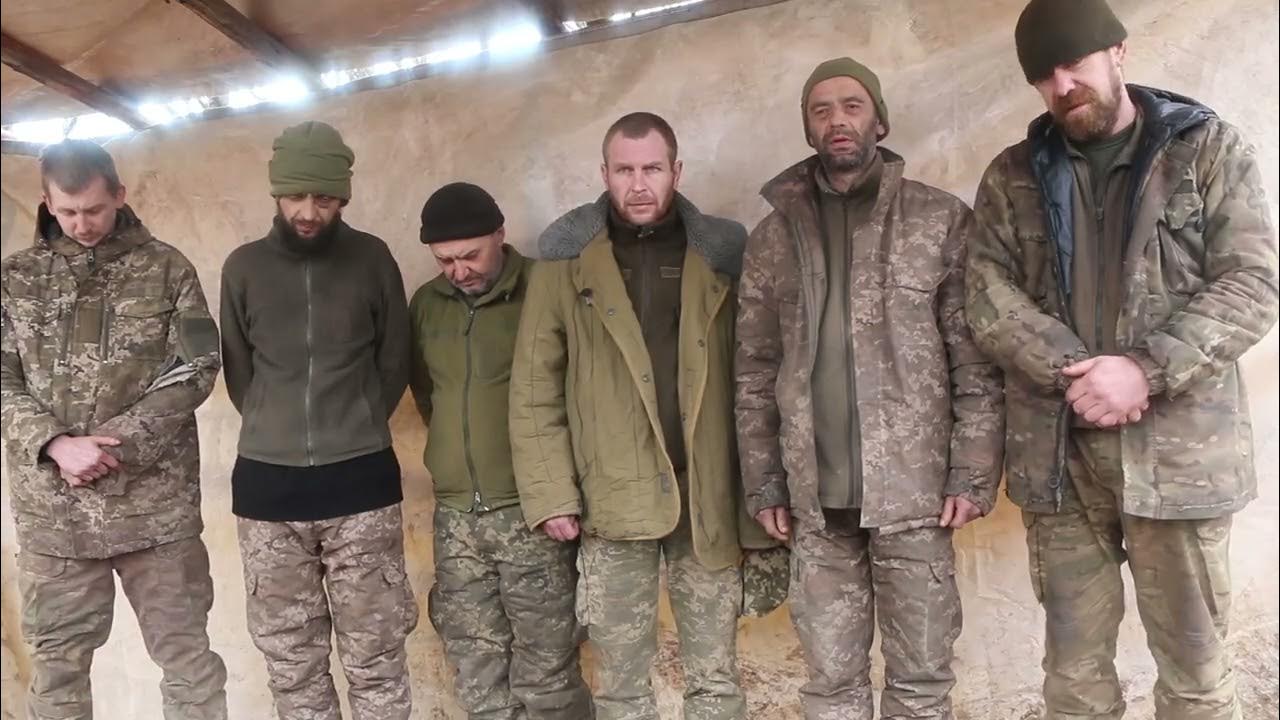Lebanon's Counter-Hezbollah Operations: The Role Of Israeli Intelligence

Table of Contents
Israeli Intelligence Gathering on Hezbollah in Lebanon
Israel's ability to counter Hezbollah's threat relies heavily on its sophisticated intelligence apparatus. The gathering of intelligence involves a multifaceted approach, integrating various disciplines to create a comprehensive picture of Hezbollah's activities.
Human Intelligence (HUMINT)
Human intelligence plays a vital role in understanding Hezbollah's internal workings. This involves recruiting and managing Lebanese informants within Hezbollah's network, gaining access to crucial information regarding weapons deployments, training camps, leadership structures, and operational plans.
- Challenges: Recruiting and managing HUMINT sources in a hostile environment like Lebanon presents significant challenges. Informants face constant risk of exposure and retribution, requiring meticulous vetting and robust security protocols. Building trust and maintaining operational security are paramount.
- Accuracy: The accuracy of information obtained from HUMINT sources is critical. Rigorous verification processes, including cross-referencing information from multiple sources and employing deception techniques, are essential to mitigate the risk of misinformation or deliberate disinformation. Analyzing the biases and motivations of informants is also vital for accurate intelligence assessments.
- Hezbollah Intelligence Network: Hezbollah itself possesses a vast intelligence network, actively working to identify and neutralize potential informants. This creates a dangerous cat-and-mouse game, requiring Israeli intelligence to adapt constantly to Hezbollah's counter-intelligence measures.
Signals Intelligence (SIGINT)
SIGINT capabilities are crucial in monitoring Hezbollah's communications. This involves intercepting and analyzing phone calls, radio transmissions, and internet data to track Hezbollah's movements and plans.
- Technological Advancements: Advances in technology, including sophisticated signal processing and data analysis techniques, play a vital role in enhancing SIGINT capabilities. The use of cyber intelligence to monitor Hezbollah's online presence and activities on social media and encrypted platforms offers further insights.
- Communication Security: Hezbollah employs increasingly sophisticated communication security measures to protect its communications. This necessitates continuous investment in advanced signal interception technology and the development of new analytic techniques to overcome these challenges. This is an ongoing arms race in the realm of electronic surveillance.
- Communication Intercepts: Successful communication intercepts provide real-time intelligence on Hezbollah's operational plans, movements of key personnel, and the overall flow of information within the organization. This allows for timely responses and preemptive action.
Imagery Intelligence (IMINT)
IMINT capabilities, including satellite imagery analysis, drone surveillance, and aerial reconnaissance, are invaluable in monitoring Hezbollah's infrastructure.
- Limitations: While IMINT provides a comprehensive overview of Hezbollah's assets, it has limitations, particularly in densely populated urban areas. The resolution of imagery may not always be sufficient to identify specific individuals or weapons systems.
- Integration with other intelligence: IMINT is most effective when combined with other intelligence types, such as HUMINT and SIGINT. Integrating these sources creates a more complete and accurate picture of Hezbollah's activities. For example, satellite imagery can help identify potential targets, which can then be further investigated through HUMINT and SIGINT.
Israeli Operational Responses Based on Intelligence
The intelligence gathered is crucial in informing Israel's operational responses to the Hezbollah threat. These responses are often clandestine and carried out with utmost secrecy.
Targeted Killings and Strikes
Israeli intelligence plays a direct role in targeted assassinations and airstrikes against Hezbollah operatives and infrastructure.
- Ethical and Legal Implications: The use of targeted killings raises significant ethical and legal questions. International law requires such actions to be proportionate and to minimize civilian casualties. The legal justification for these operations remains a subject of debate.
- Effectiveness: The effectiveness of these operations in weakening Hezbollah is a complex issue. While such strikes can eliminate key figures and disrupt operations, they can also provoke retaliation and escalate tensions.
- Precision Strikes: The goal of these operations is to achieve precision strikes with minimal collateral damage. The reliance on accurate intelligence is therefore paramount to ensure the success and legitimacy of these actions.
Cyber Warfare and Disinformation Campaigns
Israel increasingly employs cyberattacks against Hezbollah's communications, propaganda efforts, and recruitment strategies.
- Challenges and Risks: Cyber warfare is a double-edged sword. While it can effectively disrupt Hezbollah's operations, it also carries the risk of escalation and retaliation in cyberspace. Attribution is often difficult, increasing the potential for unintended consequences.
- Disinformation Campaigns: Disinformation campaigns aim to counter Hezbollah's propaganda and influence public opinion in Lebanon and the wider region. These campaigns can be effective in shaping narratives and undermining Hezbollah's legitimacy.
- Propaganda Countermeasures: Countering Hezbollah's sophisticated propaganda machine requires a multi-pronged approach, utilizing social media, traditional media, and other channels to disseminate counter-narratives and expose Hezbollah's activities.
Cooperation with Lebanese Internal Forces (Limited)
Cooperation between Israel and Lebanese security forces is extremely limited due to the political and security realities of the region. Israeli operations against Hezbollah are largely clandestine.
- Potential for Future Collaboration: The potential for future collaboration depends significantly on the evolving political and security landscape in Lebanon. A reduction in regional tensions and a change in the Lebanese government’s stance towards Hezbollah could potentially open up avenues for cooperation.
- Risks and Benefits: Even limited cooperation presents significant risks for both sides. For Israel, it risks compromising its clandestine operations and potentially jeopardizing its sources. For Lebanon, collaboration with Israel is politically sensitive and could be seen as treasonous.
Conclusion: The Ongoing Struggle in Lebanon's Counter-Hezbollah Operations
The role of Israeli intelligence in Lebanon's Counter-Hezbollah Operations is undeniable. The gathering of intelligence through HUMINT, SIGINT, and IMINT provides the foundation for targeted operations, cyber warfare, and disinformation campaigns. However, these operations face considerable challenges, including ethical dilemmas, the risk of escalation, and the complex political landscape of Lebanon. The future of Lebanon's Counter-Hezbollah Operations will depend on continued adaptation to Hezbollah's evolving tactics and the broader geopolitical context. Further research on Israel's counter-terrorism strategies and analysis of the effectiveness of intelligence-led operations against Hezbollah are crucial to a complete understanding of this complex and ongoing conflict. We encourage further research and discussion on this critical topic.

Featured Posts
-
 Plires Programma Tileoptikon Metadoseon Gia To Savvato 5 Aprilioy
May 30, 2025
Plires Programma Tileoptikon Metadoseon Gia To Savvato 5 Aprilioy
May 30, 2025 -
 Kor V Mongolii Massovoe Obraschenie Za Meditsinskoy Pomoschyu
May 30, 2025
Kor V Mongolii Massovoe Obraschenie Za Meditsinskoy Pomoschyu
May 30, 2025 -
 Emma Raducanu Dominates Reaches Miami Open Round Of 16
May 30, 2025
Emma Raducanu Dominates Reaches Miami Open Round Of 16
May 30, 2025 -
 Medvedevs French Open Exit Norries Triumph And Djokovics Continued Dominance
May 30, 2025
Medvedevs French Open Exit Norries Triumph And Djokovics Continued Dominance
May 30, 2025 -
 Le Depute Rn Jacobelli Et La Question De La Responsabilite De Marine Le Pen
May 30, 2025
Le Depute Rn Jacobelli Et La Question De La Responsabilite De Marine Le Pen
May 30, 2025
Latest Posts
-
 Northeast Ohio Rainy Thursday Predicted
May 31, 2025
Northeast Ohio Rainy Thursday Predicted
May 31, 2025 -
 Increased Fire Risk Prompts Special Weather Statement For Cleveland Akron
May 31, 2025
Increased Fire Risk Prompts Special Weather Statement For Cleveland Akron
May 31, 2025 -
 Northeast Ohio Thursday Weather Rain Returns
May 31, 2025
Northeast Ohio Thursday Weather Rain Returns
May 31, 2025 -
 Cleveland Akron Fire Weather Warning Elevated Risk Conditions
May 31, 2025
Cleveland Akron Fire Weather Warning Elevated Risk Conditions
May 31, 2025 -
 Special Weather Statement High Fire Risk In Cleveland And Akron
May 31, 2025
Special Weather Statement High Fire Risk In Cleveland And Akron
May 31, 2025
